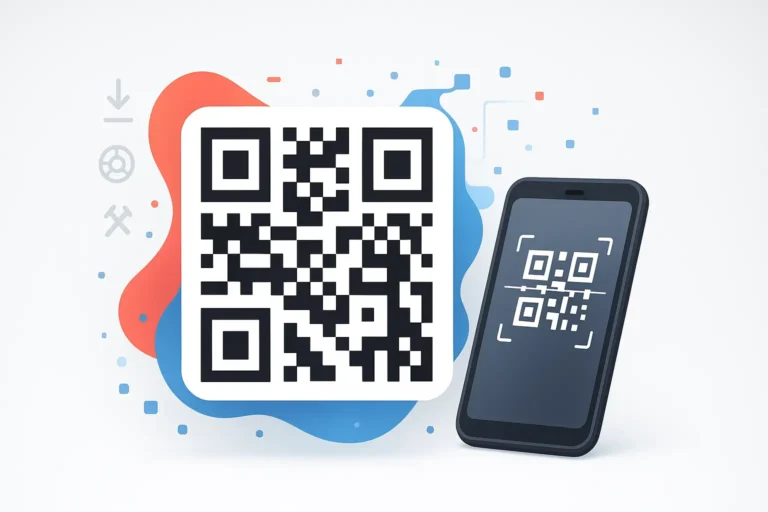The Science of Grouping: A Guide to Making Random Teams Fairly
Dividing a group into teams is more than a logistical task; it is a fundamental exercise in social fairness and organizational psychology.
Whether you are a coach, a teacher, or a project manager, the way you make random teams directly impacts group morale, diversity of thought, and overall performance. At Spin Numbers, we advocate for transparent, algorithmic grouping to eliminate human bias and foster better collaboration.
1. Why Randomness Beats Manual Selection
Human-led team selection is inherently prone to unconscious bias. We often lean toward "cliques" or grouping people based on past performance, which stifles innovation. When you create random teams, you force new social interactions that wouldn't happen otherwise.
The Psychological Edge
Research in social dynamics suggests that "Unstructured Random Grouping" reduces the Social Loafing effect. When team members aren't chosen based on friendship, they are more likely to establish professional roles quickly, leading to higher accountability and diverse problem-solving approaches.
2. How Algorithmic Team Generation Works
A reliable team generator doesn't just shuffle names; it follows a mathematical distribution. The goal is to ensure that every participant has a statistically identical $1/n$ chance of landing in any given team.
Modern web-based tools achieve this using shuffling algorithms (such as the Fisher-Yates shuffle). This ensures that the sequence is truly non-deterministic. For the user, this means the result is unbiased, untamperable, and instant—crucial for maintaining trust in competitive settings like sports or corporate workshops.
Stop the manual struggle and ensure 100% fairness.
Launch the Free Team Generator Tool →3. Best Practices for Group Organization
To maximize the effectiveness of your groups, follow these expert-led guidelines:
- Handling Uneven Numbers: A professional tool should automatically balance the "leftovers." If you have 21 people for 4 teams, the algorithm should create one team of 6 and three teams of 5, rather than leaving anyone out.
- The "No-Swap" Rule: To maintain the integrity of fairness, never allow participants to swap teams after the generation. Swapping reintroduces the bias that the tool was meant to eliminate.
- Visual Transparency: If possible, generate the teams while the participants are watching. Seeing the random team creator work in real-time builds immediate buy-in.
4. Versatility Across Scenarios
Understanding the context of your grouping helps in choosing the right parameters:
Educational Classrooms
Teachers use random grouping to break social barriers. It ensures that high-achievers and those needing more support are distributed, encouraging peer-to-peer learning.
Corporate Team Building
Breaking departmental "silos" is the primary goal here. By mixing departments (e.g., Marketing with Engineering), companies spark cross-functional innovation.
Frequently Asked Questions
Is the team generation truly random?
Yes. Our tool uses browser-based randomization logic to ensure that every shuffle is unique and independent of previous results.
Can I export the team lists?
Most users find it best to copy the results directly into their management tools (Slack, Trello, or Excel) to maintain a record of the assignment.
Should I use constraints?
While some tools allow you to "keep names apart," we recommend using these sparingly. The more constraints you add, the less "random" and fair the process becomes.
Conclusion
Effective group management starts with a fair foundation. By using a dedicated team generator, you save time and—more importantly—you create an environment where everyone starts on equal footing. Whether you are assigning creative team names or project roles, let the math handle the bias so you can focus on the results.
Disclaimer: This guide is intended for informational and recreational purposes. Random team generation should be applied within the context of your specific organizational rules and safety guidelines.




